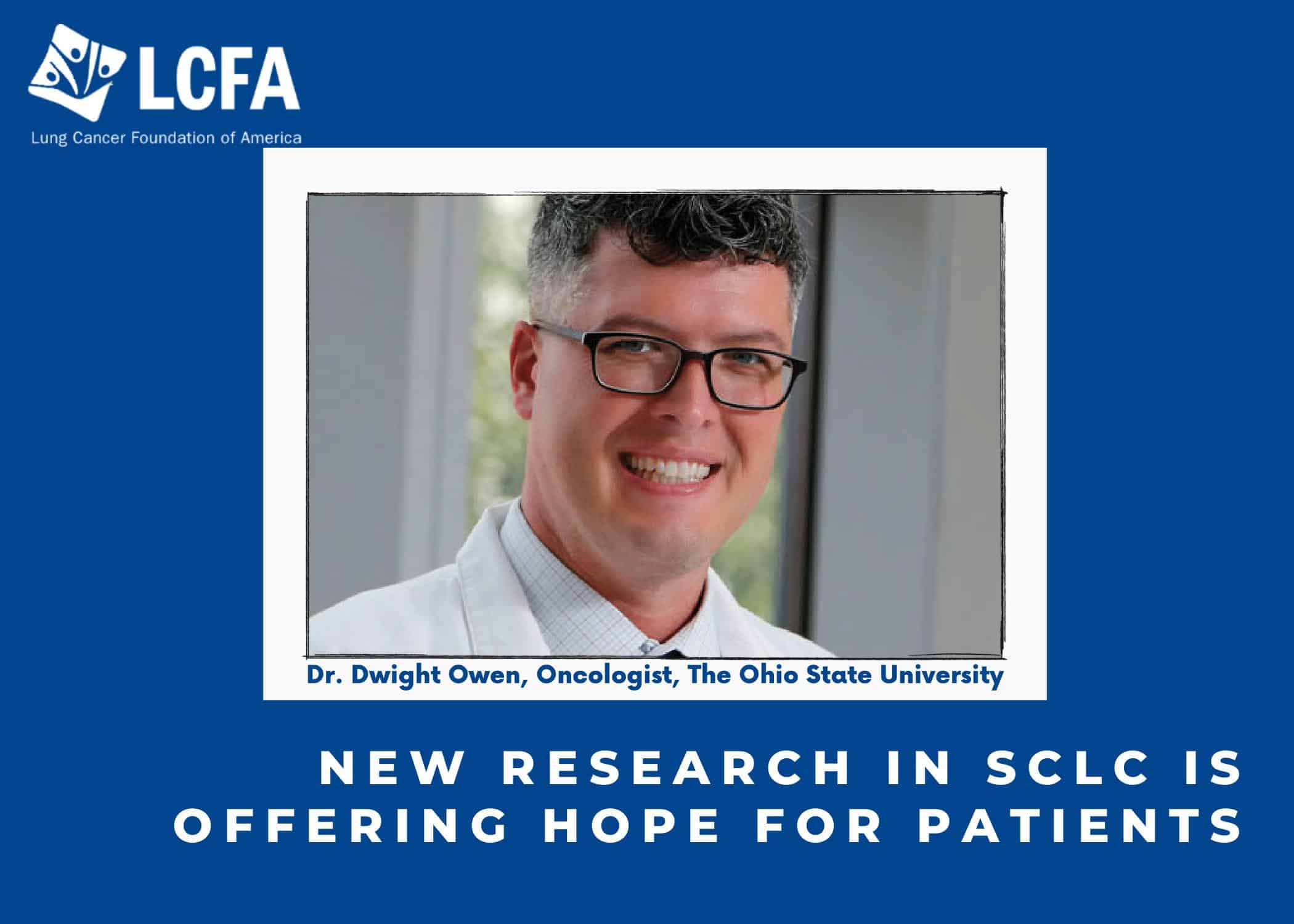 – New research in the treatment of small cell lung cancer offers hope to patients.
– New research in the treatment of small cell lung cancer offers hope to patients.
Until recently, small cell lung cancer (SCLC) was considered a forgotten cancer, but now there is a new type of chemotherapy treatment and promising research into targeted therapies that may shrink the tumors of a subset of small cell lung cancer patients.
Small cell lung cancer (SCLC) is currently only treatable by chemotherapy and immunotherapy, and it is difficult to identify, so most patients are already an in advanced stage of cancer when they are diagnosed. SCLC spreads quickly and is resistant to many treatments; it also comes back more aggressively after treatment. However, researchers have identified a subset of SCLC patients who appear to respond to drugs that are already proven cancer fighters; the proteins in the tumors of these patients make them more receptive to targeted therapies, according to the researchers.
“The next step in the research is enrolling patients in clinical trials, which are safe and the gold standard of care for SCLC patients,” says Dr. Dwight Owen, a medical oncologist at The Ohio State University.
Dr. Owen recommends that all adults aged 50 years and older with a history of smoking, or who are current smokers, should be screened for lung cancer. However, “anyone with lungs can have lung cancer,” he emphasized.
Meanwhile, Dr. Owen encourages anyone with a lung cancer diagnosis to ask their doctor about clinical trials, which are often the best resource for the most advanced treatment.
“Clinical trial research determines if a promising new treatment, drug or device is safe and effective. For many patients, these trials are the best treatment option and provide new treatments that help them live,” he says.
Many clinical trials are using telemedicine to “take the trial to the patient” to make clinical trials more accessible to more patients.
“You should always ask questions to make sure you understand what you will need to do to be part of a clinical trial and make sure you are comfortable,” Dr. Owen explains.
Be sure to ask your medical team about whether clinical trials could be part of your treatment.
For more information, visit LCFAmerica.org or text L-C-F-A to 41444.




